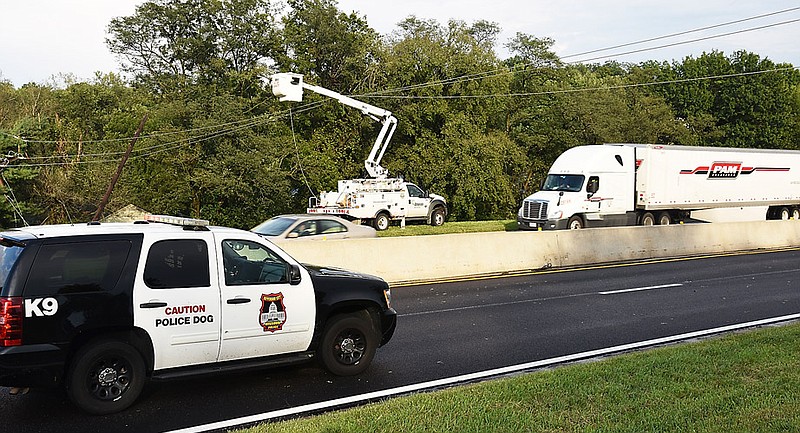A bill presented last week before the Missouri Senate's Transportation, Infrastructure and Public Safety Committee would double the width of utility corridors along roads. Utility corridors currently are 6 feet wide.
Senate Bill 598, presented by state Sen. Jeanie Riddle, R-Mokane, would require the Missouri Department of Transportation to expand its utility corridors to 12 feet wide.
Riddle said telecommunications and utility companies use these corridors to run various cables and other buried utilities to provide services to their customers.
"Our existing utility corridors are extremely cramped and congested and often present challenges when maintenance issues must be addressed," Riddle said. "By requiring the expansion of all utility corridors, telecommunications and utility companies will have easier access to their lines resulting in faster repair times."
Under the proposal, the maintenance, removal and relocation of any utility located within one of the utility corridors must fall on the owner of the utility, per current state law.
"I believe my proposal plays a vital role in expanding broadband internet services to our rural communities," Riddle said. "By providing internet providers with more room to safely install fiberoptic cable, we can help make it cheaper and safer to bring high-speed internet services to every Missouri household."
Riddle filed similar legislation in 2017. The Senate committee could further discuss the proposal in the coming weeks.

